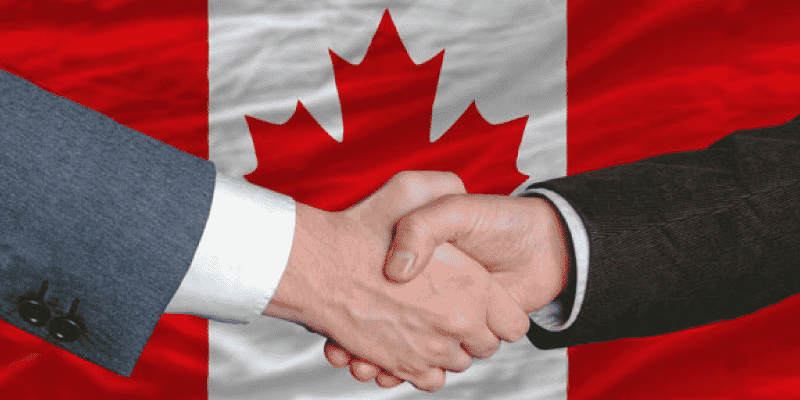Canada’s Refusal to Back Global Agreement on Digital Taxes Could Invite Retaliation
The recent global pact to delay the implementation of digital taxes for another year has garnered widespread support from most countries. The move affirms that governments still aim to work on a global tax deal in good faith. However, the National Foreign Trade Council (NFTC) has come out strongly against Canada, which refused to back the agreement, along with other nations, like Belarus, Russia, Sri Lanka, and Pakistan. Jake Colvin, the NFTC President, has publicly criticized Canada’s decision and warned that it could invite retaliation. Echoing Colvin’s concerns, the US Trade Representative spokesperson has warned that Washington could retaliate under the USMCA trade agreement if Canada were to proceed with its planned digital services tax implementation.
The criticism stems from Canada’s reasoning that extending the moratorium by another year could harm the country’s interest relative to others that continue to collect revenue under their pre-existing digital services taxes. This has sparked fears of a trade war, putting at risk the harmony created by the consensus among both developed and developing countries. The hope was to overhaul archaic tax rules that allowed digital heavyweights like Amazon and Apple to book profits in low-tax areas.
The OECD expected over 140 countries to implement this deal next year, but less than 5 countries – including Canada – have refused to support it so far. Thus, Canada’s refusal to back the agreement puts it outside the consensus and could undermine trust and cooperation among global trading partners, with several potential ramifications.
In conclusion, Canada’s refusal to support the global agreement over digital taxing rules could invite retaliation and harm the spirit of global trade consensus. It could ultimately undermine trust in cooperation among countries and, at worst, trigger a trade war. More importantly, it places Canada outside of the established consensus when nearly 140 countries have signed on. The hope is that Canada will reconsider its position and come to an agreement that is acceptable for all parties while ensuring a fair and balanced tax system.
Source: https://www.investing.com/news/economy/us-trade-group-blasts-canada-for-refusal-to-extend-digital-services-tax-freeze-3125617

Export to Canada Course
Learn both the U.S. Customs requirements to Export to Canada from the U.S. AND the Canadian customs requirements. We will also review procedures, and learn the documentation requirements, and the process of clearing goods at Canadian Customs.







